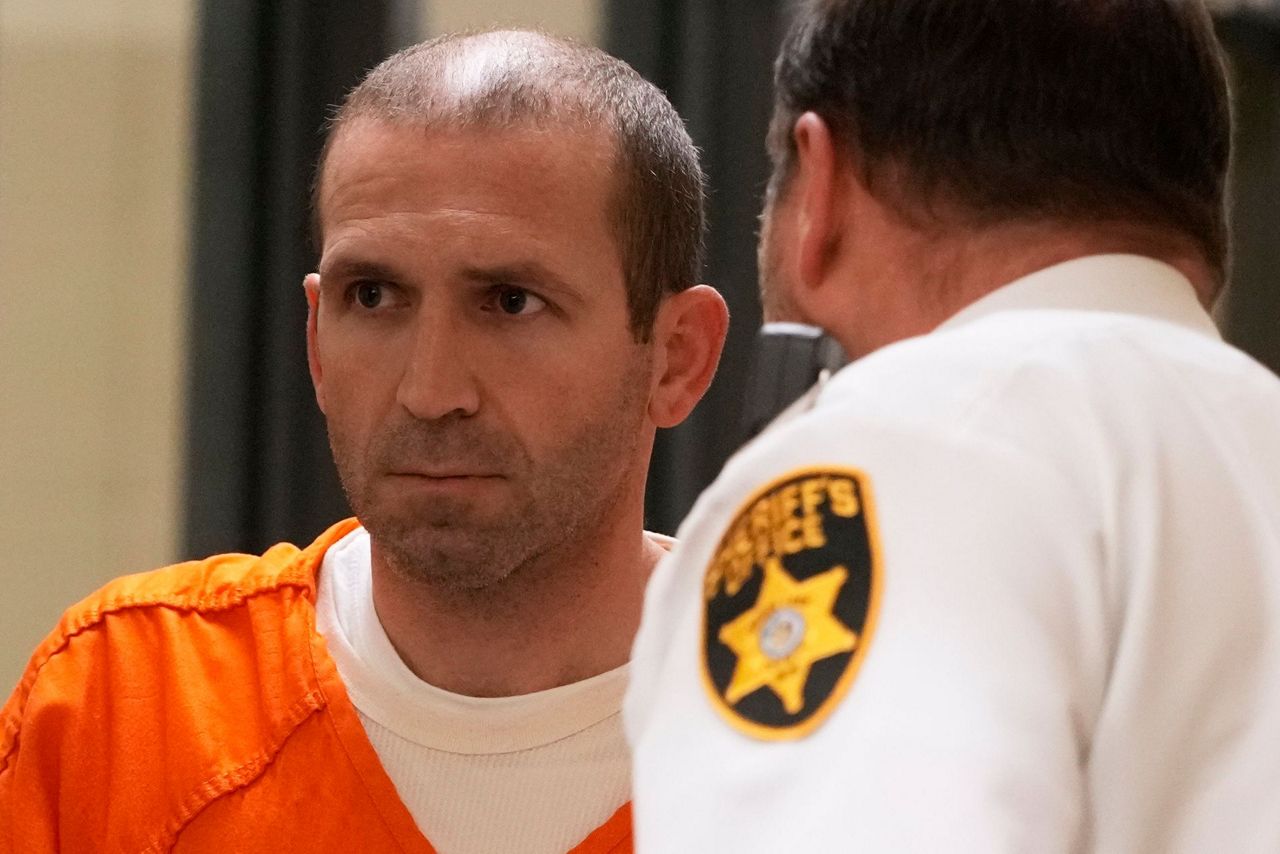In one of the most unusual legal cases to emerge from the Midwest in recent years, a Wisconsin man who faked his own kayak death and fled abroad has been sentenced to just 89 days in jail. The story, which combines elements of deception, survival, and international intrigue, has raised questions about criminal justice, mental health, and how far people are willing to go to escape the challenges of their lives.
This article takes a closer look at the Wisconsin man’s staged death, his time abroad, the investigation that led to his capture, and the legal consequences that followed. It also explores what the case means for law enforcement, the courts, and the broader public who followed the saga with fascination.
The Beginning: A Kayak Trip That Shocked Wisconsin
The case began in dramatic fashion on the waters of Wisconsin. According to local reports, the man was last seen setting out in his kayak, seemingly embarking on a routine trip. Hours later, his overturned kayak was discovered. Without his body recovered, many believed he had drowned.
At first, the disappearance was treated as a tragic accident. Authorities, family members, and volunteers spent hours scouring the waters and surrounding areas, looking for any sign of him. Vigils were held, and sympathy poured in for his loved ones.
But behind the scenes, the truth was far stranger than anyone could have imagined: the Wisconsin man was alive and had carefully planned his own disappearance.
Why He Faked His Death
The question that puzzled investigators and the public alike was simple: Why would someone fake their own death?
Court documents and testimonies revealed that the man was facing mounting personal and financial pressures. Debt, strained relationships, and a deep sense of hopelessness reportedly played a role in his decision.
- By faking his death, he may have hoped to:
- Escape financial burdens.
- Start a new life abroad.
- Leave behind the difficulties that had overwhelmed him.
Experts note that while such cases are rare, they often involve individuals who feel cornered and see disappearing as their only option. “Faking one’s own death is a form of extreme avoidance,” said one criminal psychologist. “It speaks to desperation, but also to the belief that vanishing is easier than confronting real-world problems.”
Life Abroad: The Escape That Didn’t Last
After staging his kayak death, the Wisconsin man managed to leave the United States. Reports suggest that he traveled abroad under a false identity, moving between countries to avoid detection.
For a while, it seemed as though he had succeeded. He blended into new environments, lived under the radar, and stayed away from obvious traces that could lead back to him. But as with most such cases, cracks eventually appeared.
Authorities, aided by international cooperation, were able to track his movements. Suspicious financial transactions and inconsistencies in his documents reportedly triggered red flags. Eventually, he was apprehended and returned to Wisconsin to face justice.
The Courtroom Drama
When the Wisconsin man appeared in court, his case captured headlines across the country. Many expected that faking one’s death, lying to authorities, and fleeing abroad would result in years behind bars.
Yet, the judge handed down a sentence of just 89 days in jail.
This relatively light punishment stunned observers. Legal experts explained that while the act of faking death and fleeing was deceptive, the specific charges filed against him limited the scope of sentencing.
- The judge also took into account:
- His cooperation after arrest.
- Time already spent in custody abroad.
- Personal circumstances and mental health evaluations.
- Still, the sentence has sparked debate about whether justice was truly served.
Public Reaction: Sympathy or Outrage?
Reactions across Wisconsin — and the wider United States — were mixed.
Some expressed sympathy, noting that his actions stemmed from desperation rather than malice. Others felt outrage, arguing that staging a death wastes public resources, causes emotional trauma for families, and undermines trust in rescue efforts.
“I can’t believe he put his family through this just to run away,” said one community member. “Ninety days is nothing compared to the damage he caused.”
Another countered: “Sometimes people break under the weight of life. Prison won’t fix that. Maybe compassion and rehabilitation are what’s needed.”
Similar Cases of Faked Deaths
The Wisconsin case is not entirely unique. Around the world, there have been other infamous examples of individuals who faked their deaths to escape problems.
John Darwin, UK (2002): Known as the “Canoe Man,” Darwin faked his own canoeing accident in England to claim insurance money. He lived secretly for years before being caught.
Igor Vorotinov, Minnesota (2011): He faked his death in Moldova with help from his family to collect life insurance. He was caught years later.
Arkady Babchenko, Ukraine (2018): The Russian journalist staged his own death — though in his case, it was done with the help of authorities to thwart an assassination attempt.
These cases, much like the Wisconsin man’s staged kayak death, highlight the strange intersection of desperation, deception, and human survival instincts.
What This Means for Law Enforcement
The incident has forced local and federal authorities to rethink how missing persons cases are handled. Resources poured into rescue missions represent significant costs, and when such cases turn out to be hoaxes, they divert attention from real emergencies.
“Every time someone fakes a death, it puts others at risk,” explained a Wisconsin law enforcement officer. “We mobilize search-and-rescue teams, we ask for volunteers, and we spend precious hours that could be saving someone else.”
This has sparked calls for harsher penalties in cases involving staged deaths that waste public resources.
The Broader Lessons
Beyond the sensational headlines, the Wisconsin man’s case serves as a reminder of deeper societal issues:
Mental health struggles: How untreated depression, anxiety, and financial stress can drive extreme behavior.
Judicial discretion: Why some sentences appear lenient and how the justice system balances punishment with rehabilitation.
Human resilience and fragility: How individuals under pressure can make decisions that shock their communities.
Expert Voices on the Case
Legal scholars and psychologists have weighed in:
Dr. Karen Lowell, psychologist: “Faking your own death is not a rational act — it’s an emotional one. The 89-day sentence, while controversial, may allow space for treatment rather than endless punishment.”
Mark Hughes, criminal law expert: “This case demonstrates gaps in our statutes. While fraud and false reporting are crimes, they don’t always carry long sentences unless tied to financial scams or violence.”
FAQs
Why did the Wisconsin man fake his kayak death?
He reportedly did so to escape personal and financial pressures, hoping to start a new life abroad.
How was he caught?
Authorities tracked him through suspicious transactions and international cooperation, eventually locating him overseas.
Why was his sentence only 89 days?
The charges filed carried limited sentencing power, and the court considered mitigating factors, including his cooperation and mental health.
Have other people faked their deaths like this?
Yes, cases like John Darwin in the UK and Igor Vorotinov in Minnesota are well-documented examples.
What lessons does this case teach?
It highlights the importance of addressing mental health, the impact of deception on families and communities, and the need for potential reforms in sentencing laws.
Conclusion:
The case of the Wisconsin man who faked his kayak death and fled abroad will likely be remembered for its strangeness and its light punishment. Whether seen as a tale of desperation or deception, it raises important questions about justice, mental health, and accountability.
As he serves his 89-day sentence, the broader community is left to reflect on what led to his decisions — and how society should handle similar cases in the future.













